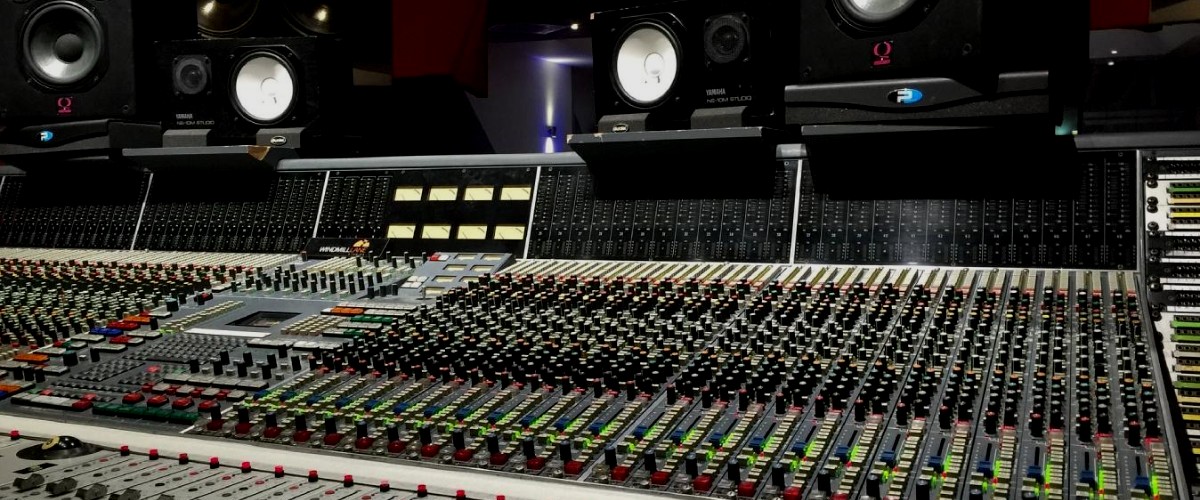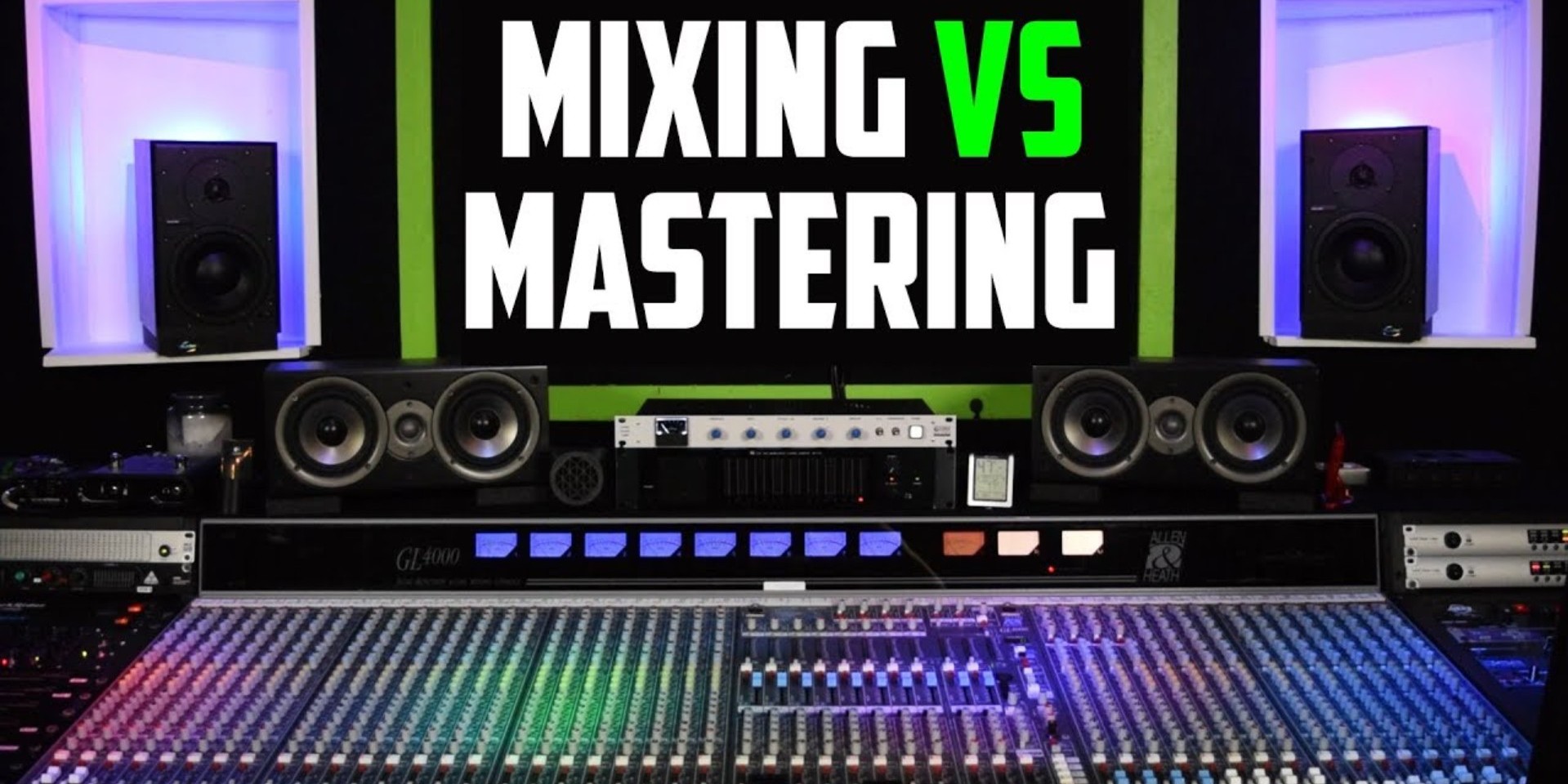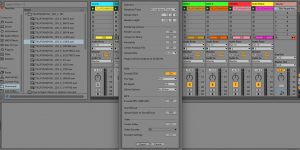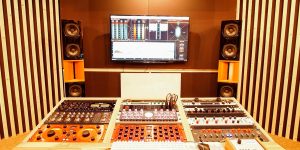There is a lot of confusion regarding the difference between mixing and mastering. Many people think that they are one and the same, but this is not the case.
In reality, these two processes are very different and serve different purposes. In this blog post, we will explore what each process entails and what its purpose is. By understanding the difference between mixing and mastering, you can ensure your music sounds its best!
What does mixing mean?
In the most basic sense, mixing is the process of taking all of the individual tracks that make up a song and combining them into one cohesive whole. It includes adjusting the levels, panning, and adding effects as needed. The goal of mixing is to make all of the tracks sound good together and achieve a balance between them.
It is important to note that mixing is a creative process, and there is no one right way to do it. It is up to the mixer to use their creativity and knowledge to craft a mix that they feel sounds best.

What does mastering mean?
Mastering is the process of taking a finished mix and preparing it for release. It usually includes EQing, compression, and other forms of processing. The goal of mastering is to make the mix sound its best and to ensure it is ready for release.
Mastering is often seen as the technical side of the music production process, and it is important to note that it is not a creative process. Instead, it is all about ensuring that the mix meets specific technical standards.
Key differences between mixing and mastering
Mastering delivers technical standards
When it comes to the vital difference between mixing and mastering, it is important to note that mastering delivers technical standards. It means that when you master a track, you ensure that it meets certain loudness levels, has a consistent sonic character, and is free from any technical issues. In contrast, mixing is a creative process where there is no one right way to do it. Therefore, the mixer has more creative freedom when crafting a mix.
Loudness levels
One of the most important aspects of mastering is delivering tracks that meet certain loudness levels. It is because loudness levels are one of the key factors determining how a track will sound when it is played back. In general, louder tracks will sound better than quieter tracks.
Therefore, when a track is mastered, it is compressed and limited to meet certain loudness levels. Various standards organizations set these levels, ensuring that tracks sound loud and consistent when played back on different systems. In contrast, mixing does not have any strict guidelines for loudness levels. It means that the mixer has more freedom to make the track as loud or soft as they want.
Sonic character
Another essential aspect of mastering is sonic character. It refers to the track’s overall sound and how it fits in with the rest of the album. It is important for two reasons. First, it helps to create a cohesive listening experience for the listener. Second, it helps to avoid any jarring sonic differences between tracks.
When a track is mastered, the EQ and compression are used to shape its sonic character. There are no strict guidelines for the sonic character when mixing. As a result, the mixer has more freedom to experiment with different sounds and effects.
Free from technical issues
Finally, it is essential to note that when you master a track, you also ensure that it is free from any technical issues. It includes ensuring that the track is edited correctly, has no clipping issues, and is free from any background noise. By ensuring that your tracks are free from technical issues, you can be sure that they will sound their best when played back.

Common things between mixing and mastering
Now that we have explored the difference between mixing and mastering let us look at some of the things they have in common.
Both mixing and mastering are important steps in the music production process, and both require a great deal of knowledge and experience to do well.
In addition, both mixing and mastering require high-quality audio equipment to produce the best results.
Finally, mixing and mastering can be done using software or hardware, although many prefer to use a combination of both.
Which process to choose
It depends on the situation. However, there are some general guidelines that can be followed.
If you are working with a track that has a lot of different elements, then mixing may be the better option. It is because mixing allows you to control each element individually, which gives you more flexibility in terms of shaping the sound of the track.
If you are working with a track that is already sounding good, then mastering may be the better option. Mastering can help to fine-tune the sound of the track and make it sound even better.
Ultimately, it is up to you to decide which process is best for each situation.
Hopefully, this article has helped to clear up some of the confusion surrounding mixing and mastering. These two processes are very different but are both crucial to the music production process. By understanding the difference between them, you can ensure your music sounds its best! Thanks for reading.











